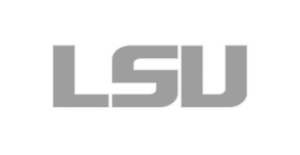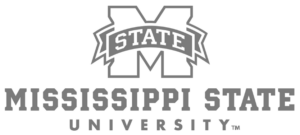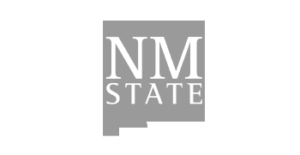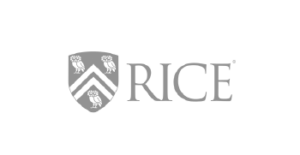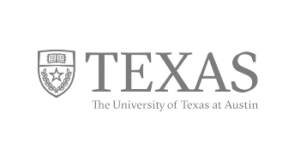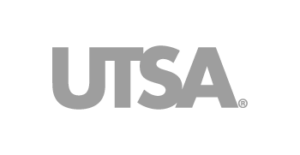Dell Medical School leaders have emphasized the part it will play in turning research into real-world applications and business opportunities, as well as its academic role.
Those efforts are paying off. Three nascent medical technologies have received big funding boosts from the University of Texas medical school as part of the inaugural class in the Texas Health Catalyst program.
- Stephen Martin, a chemistry professor, received $100,000 for developing a new drug treatment for neurodegenerative disorders such as Alzheimer’s disease and amyotrophic lateral sclerosis (ALS).
- James Tunnell, an associate professor of biomedical engineering, and Jason Reichenberg, an associate professor of medicine and director of dermatology for the Seton Healthcare Family, received $70,000 for developing a new technology to measure the effectiveness of skin cancer surgery.
- Richard Crooks, a chemistry professor, received $60,000 for developing a heart monitoring system that securely transmits daily patient updates to cardiologists.
The money is meant to help turn laboratory innovation into viable commercial products, said Ruben Rathnasingham, director of the Texas Health Catalyst program and an assistant dean for health product innovation at Dell Medical School.
“Billions go into health care research at universities but so little comes out as products patients can use,” he said Monday in an interview with Austin Business Journal. “The most exciting part is we can very quickly help guide these projects toward something that is clinically and commercially viable.”
In addition to seed funding, the Texas Health Catalyst program provided Tunnell, Reichenberg and Crooks with a few thousand dollars to meet with the U.S. Food and Drug Administration and to meet with the Southwest I-Corps, a program of the National Science Foundation that helps scientists bring life sciences discoveries to the market.
The Texas Health Catalyst connects academic researchers with industry professionals so products can be refined early in the development process. For example, Crooks is advised by Dr. Stephanie Kreml, chief medical officer at Austin-based health care analytics company Accordion Health.
“We can provide that feedback as quickly as possible,” Rathnasingham said.
Rathnasingham said he was impressed by the openness and willingness of local industry to contribute to the process.
“We have CEOs of local companies that spent hours, not only reviewing applications, but providing feedback in a very thoughtful way,” he said.
In all, eight finalists have been named in the inaugural Texas Health Catalyst program.
Will Anderson
Austin Business Journal
December 21, 2015
